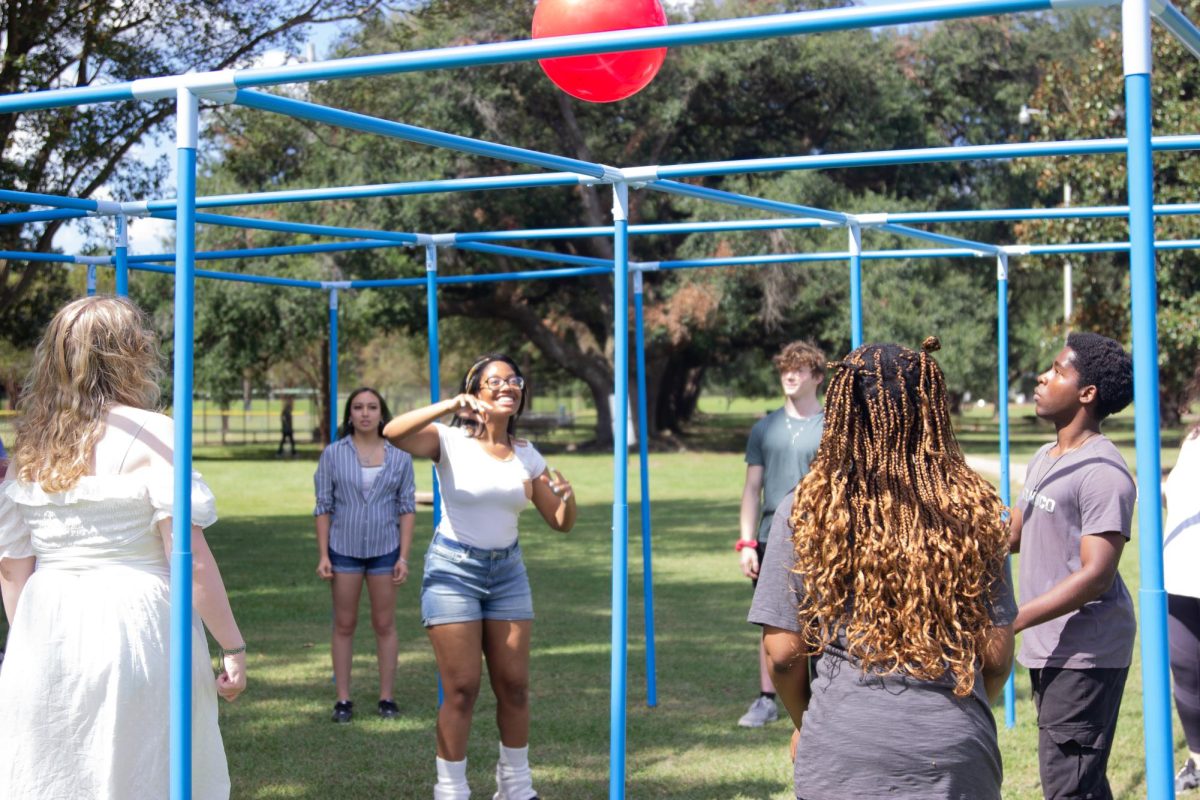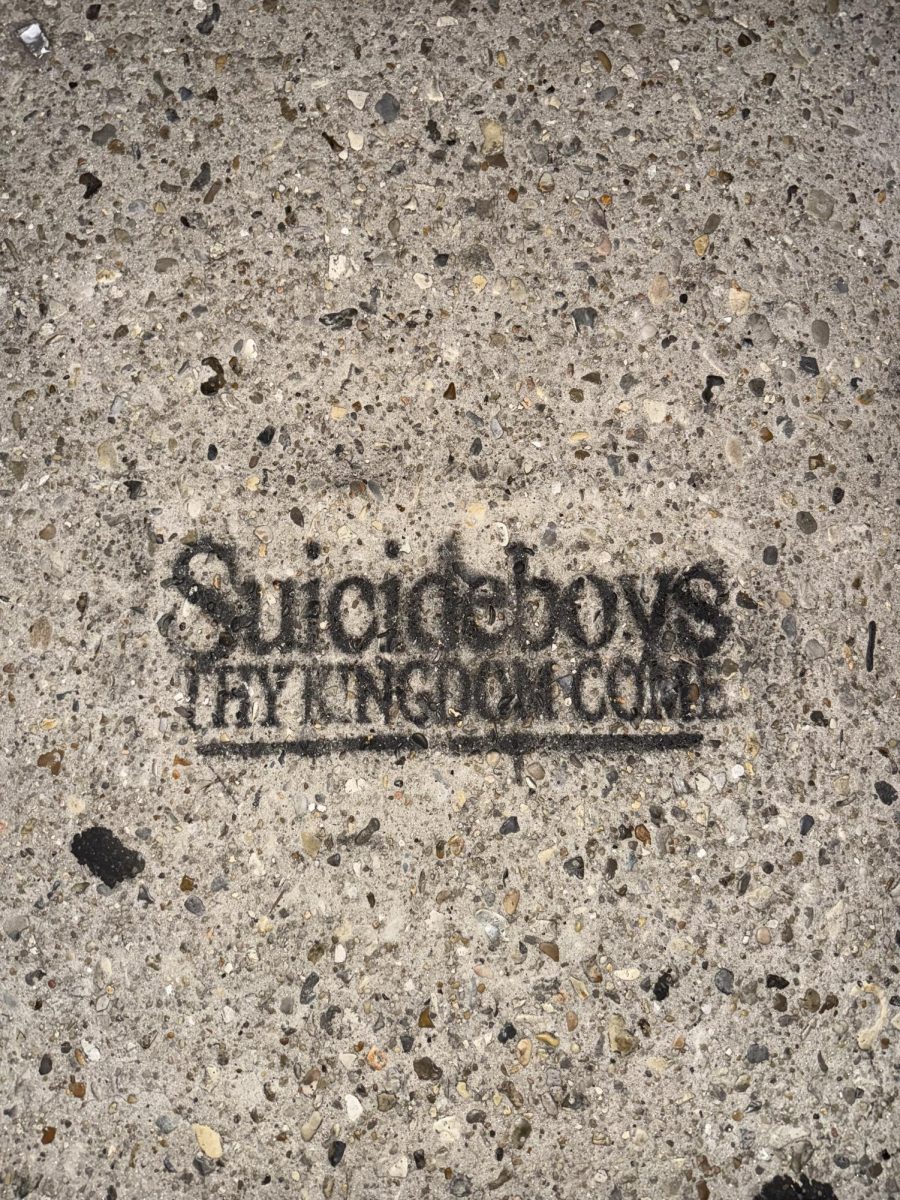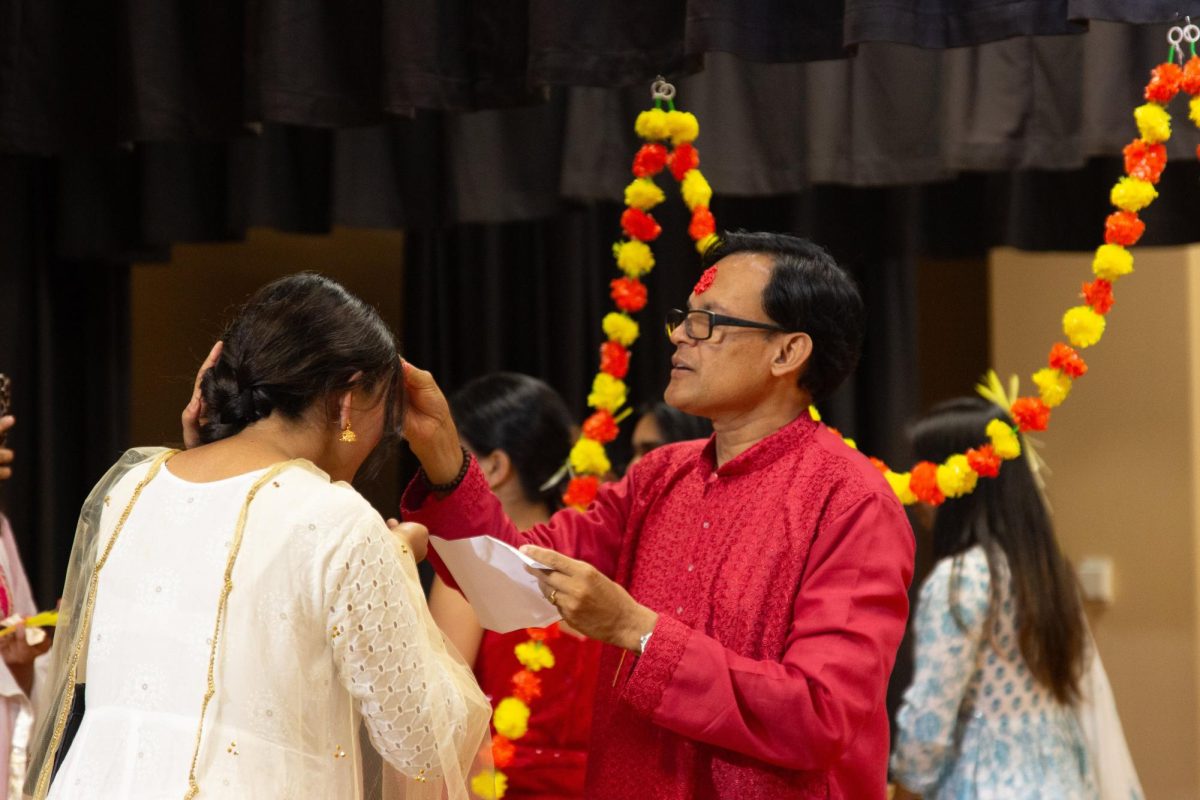In October, Americans dedicate 31 days to breast cancer awareness and prevention.
Breast cancer is the second deadliest form of cancer, lung cancer being the first. For that, we fight until all mothers, sisters, friends and family are cured of this chronic disease.
Saturday, Monroe residents and the surrounding community joined forces for Susan G. Komen’s race for a cure.
Huyen Nguyen a senior radiological technician major said she was running for her future self.
“I know in the future someone close to me will be diagnosed. I want to be aware about future health concerns,” Nguyen said.
Participants ran in memory of, or in honor of friends and family that have fought a battle with breast cancer.
Sara Clark, a junior health studies management major, says she ran with her mother in celebration of three women her mother worked with.
“We love it because it’s a great way to get the community involved with the cause. Not to mention it is a great fundraiser for research,” Clark said.
Breast cancer in women younger than 40 years old is uncommon.
Breast self-examinations are crucial to early detection of cancer. Women should start at the age of 20.
Doctors also urge women to get clinical breast exams (CBE) every three years and then once a year after turning 40.
If you are giving yourself a breast self-exam look out for lumps, hard knots or thickening inside of the breast or underarm area.
Other signs of breast cancer are swelling, warmth or redness. Also a change in size or shape of one or both breasts is something to check.
Breast tissue is lumpy in texture. One should know the difference between breast tissue and a newly formed lump.
Compare with both breasts and consult a doctor if a lump is found.
College aged women in their early 20’s can find unusual lumps in their breast which usually go along with their menstrual cycle and will go away on their own.
Lumps can also be from cysts or fibro adenomas, which are benign breast conditions.
Knowing your family history can be beneficial to your health overtime.
If your family has multiple cases of breast cancer you may want to be test for the breast cancer gene.
BRCA1 and BRCA2 (BReast CAncer genes 1 and 2) tests are given to women whom have a family history of breast cancer.
If a woman is tested positive to having one of these two genes they have a 30-85% chance of getting breast cancer in their lifetime.
Early prevention and maintaining a healthy lifestyle are the two main ways to stand your ground on breast cancer.
Organizations say changes to women’s lifestyle like maintaining a healthy weight, exercising regularly, limiting alcohol and breastfeeding if possible can lower risk of breast cancer.




